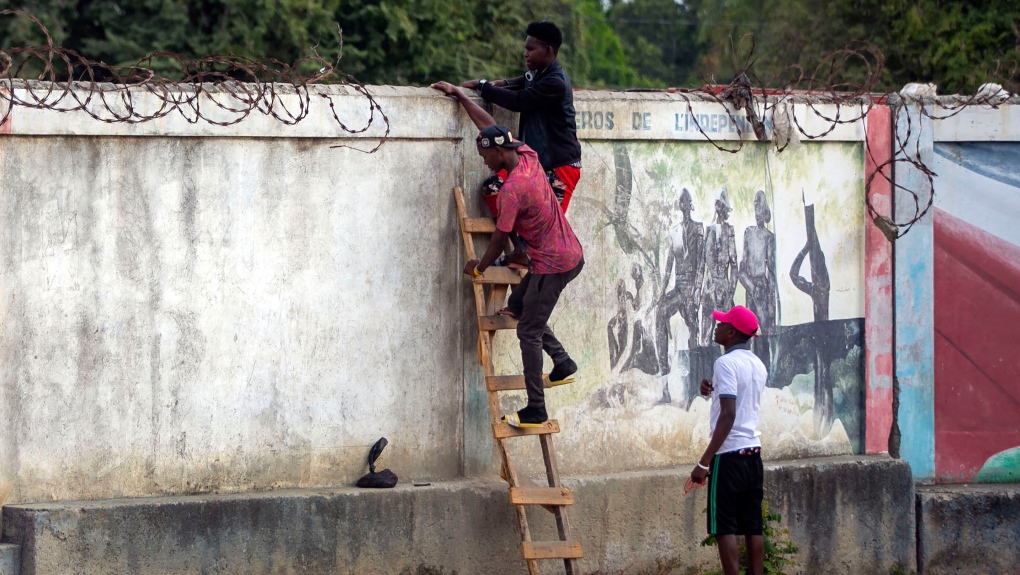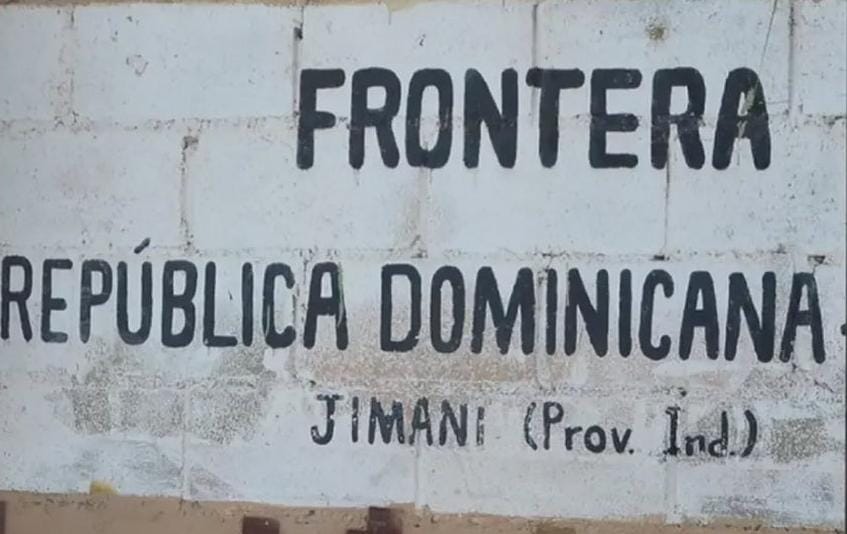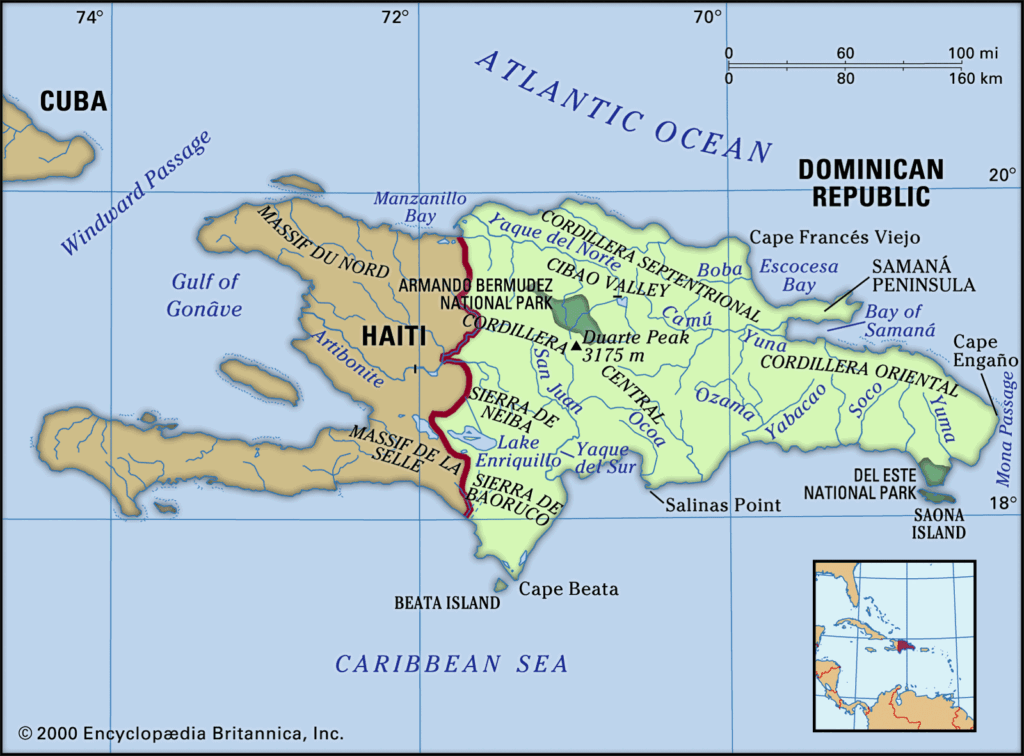Lives have been blocked by a wall separating Haiti and the Dominican Republic
Moïse Manoël-Florisse, is an African-Caribbean online journalist keeping an eye…
LGBTI Haitians have lost a potential escape route from their nation’s homophobia.

The lives of both gay and straight residents of the island of Santo Domingo / Hispaniola are being impacted by a new border wall — the second longest in the Americas.
That wall and disputes between the island’s two nations — the Dominican Republic and Haiti — have created hardships for LGBTI people on both sides of the border.
In the following brief interviews, residents of each nation told Erasing 76 Crimes that they are being affected in many ways:
- LGBTI Haitians have lost a potential escape route from Haitian homophobia.
- One bisexual Haitian in the Dominican Republic has given up on returning to Haiti and is considering traveling to Mexico soon and making the dangerous journey across the southern U.S. border before former President Donald Trump has a chance to return to power.
- The Dominican Republic has stopped renewing residency permits of Haitians who are in the DR legally.
- Haitian activists are outraged by the wall and by racism in the Dominican Republic, but the beleaguered government of Haiti is too weak to make a difference.
The Dominican Republic, on the east side of the island, has been building the wall since February 2022 just inside its border with Haiti, which occupies the west end of the island. The wall reaches as high as 12.8 feet (3.9 meters) high and will extend for 244 miles (392-kilometers).
The Dominican government declared that the wall was needed to to stop unauthorized immigration and to block smuggling of goods, weapons and drugs. It went further on Sept. 15, when it closed the border in response to border flareups.
Here are a few brief excerpts from interviews with people affected:

Dieusel Guerrie, psychologist at Héritage Pour La Protection Des Droits Humains in Haiti: Luis Abinader, the Dominican president, has used the drilling of a small irrigation canal by Haitian peasants at a coastal border river, known as the Rivière du Massacre, as a pretext for closing the 375-kilometer border between the two countries. This river takes its name from an ethnocide committed against the black Haitian population living in this part of the Dominican Republic bordering Haiti, in 1937, on the orders of the dictator Rafael Leonidas Trujillo (1891-1961). In all, nearly 20,000 Haitians died.
We live on the same island, even though there are two countries, so inevitably there are two losers. Haiti is the Dominican Republic’s second-largest trading partner after the United States, so the small Haitian traders and merchants who used to get their supplies from the other side of the border are having to find other suppliers.
For Haiti’s LGBT+ communities, the Dominican Republic offered an escape from the homophobia that prevails here in Haiti, where morals are more permissive. However, the recent measures taken by the Dominican authorities are forcing many people to return to Haiti, whether willingly or not, because of the prevailing racism encouraged by the modern revolutionary party in power in Santo Domingo.
Erasing 76 Crimes: How are the Haitians living in the Dominican Republic? What’s your experience?

Hector Rochefort (pseudonym): I live and work in the Dominican Republic in Bavaro, I’m a bisexual Haitian and I’ve already moved my family to Mexico, because here the immigration services have decided to stop renewing residence permits for Haitians who were previously living legally.
The change has been brutal and rapid, and I’m aware that despite my stable, well-paid job, I’m in the hot seat. I’m thinking of doing what everyone else is doing, joining my family in Mexico and then going to the United States illegally, before Trump and the Republicans come to power. In any case, I can’t go back to live in a country in the state that Haiti is in.
Erasing 76 Crimes: What is the reaction of the Haitian government? Civil society? And are certain economic and social players taking advantage of the border closure?
Dieusel Guerrier: Haitian civil society actors are up in arms against the construction of the wall and anti-black racism in the Dominican Republic. Otherwise, on the whole, the impotent Haitian state is remaining very passive in the face of the construction of the wall.
Dominique Rebel Saint-Vil (Trans Haiti Organisation): The wall and the border, as well as the chaos and violence that everyone is trying to escape from in Haiti, are [a problem] for everyone, since the 45-minute flight between Port-au-Prince and Santo-Domingo costs more than 800 US dollars for a round-trip ticket. [This is] a cost that only businessmen or foreigners can afford to pay, more often than not.




